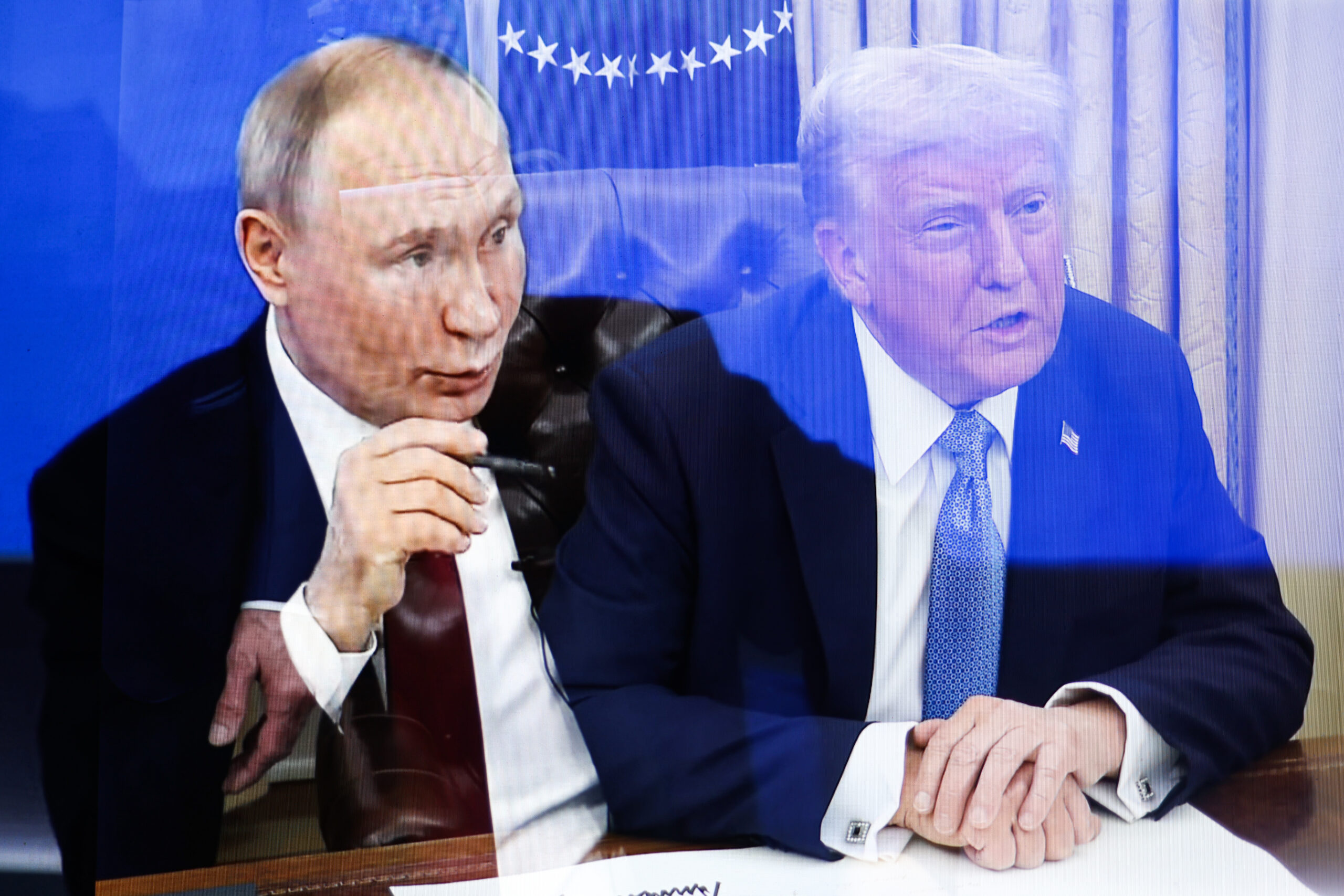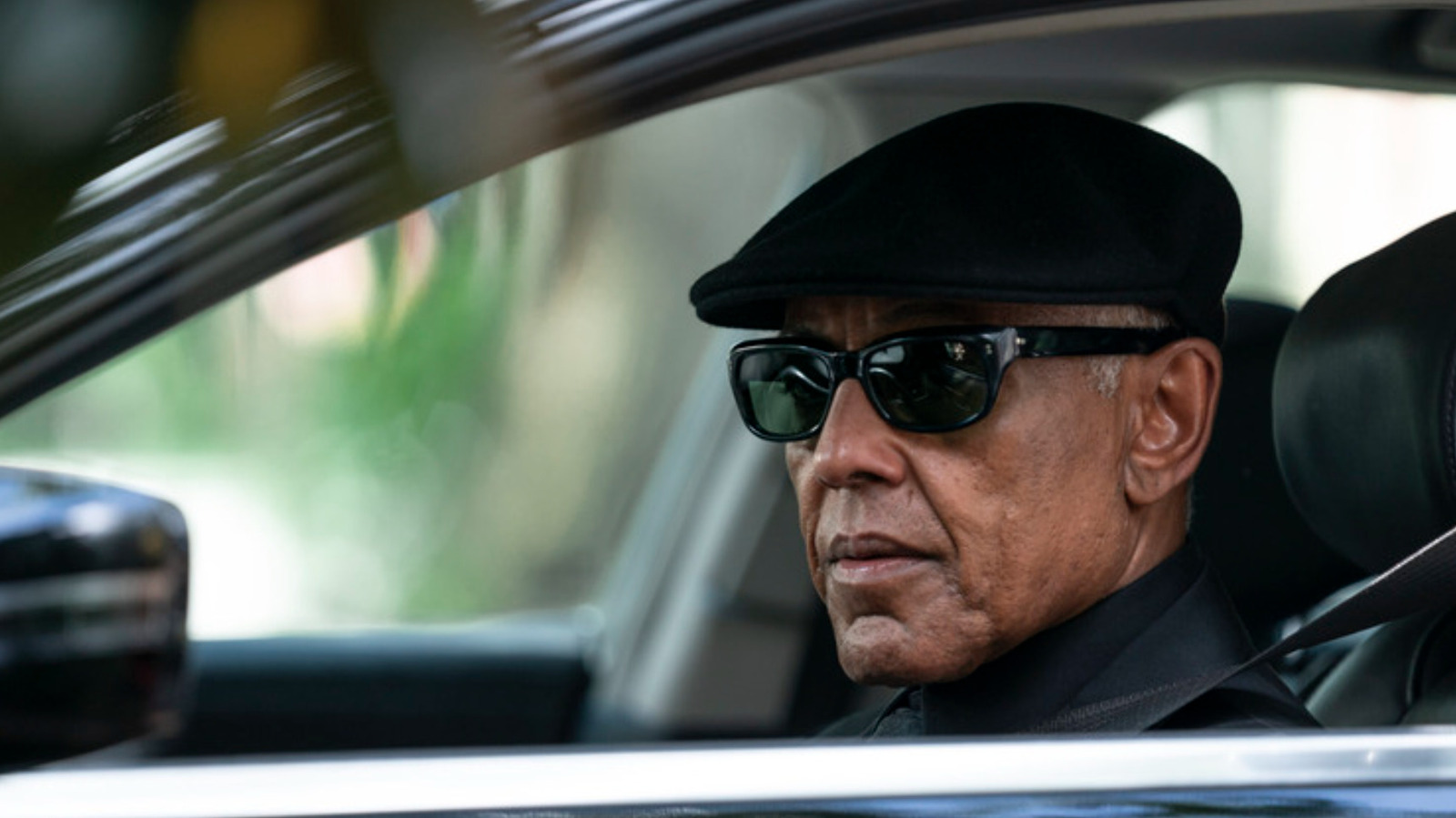US President Donald Trump has recently changed his tone toward Russian president Vladimir Putin, suggesting that he has “gone crazy” and is “playing with fire.” This highlights the ongoing difficulties of negotiating with the Kremlin. While the Trump administration broadly favors a realist approach to international relations, a more pragmatic assessment of Russia’s capabilities and objectives could better equip the US to achieve its stated goal of bringing the war in Ukraine to an end.
Almost three months ago, Ukraine accepted a US proposal for a thirty-day unconditional ceasefire. So far, Russia has refused to do likewise. Instead, the Kremlin continues to demand a series of preconditions. Meanwhile, Russia has intensified its missile and drone strikes against Ukrainian civilian targets. When Trump recently backed Putin’s proposal for direct negotiations between Russia and Ukraine, the Russian leader then boycotted the subsequent Istanbul talks, sending only a lower-level delegation.
Within the Trump administration, key figures such as Vice President JD Vance, Secretary of State Marco Rubio, and Secretary of Defense Pete Hegseth have all articulated their support for a realist view of international relations. This implies sidestepping abstract ideological objectives and focusing on tangible power factors such as economic size, population, geography, and military strength.
The realist viewpoint is reflected in Hegseth’s assertion that Ukraine returning to its pre-2014 borders is “unrealistic.” It can also be seen in Trump’s statements that Ukrainian President Volodymyr Zelenskyy “does not have the cards” in negotiations with Russia, an assertion that seems far less certain in the wake of Ukraine’s successful recent strikes on Russia’s long-distance bombers.
Some advocates of foreign policy realism argue that the US should seek to accommodate Russia, even at Ukraine’s expense. However, this approach tends to exaggerate Russia’s strengths, while underestimating the importance of the Kremlin’s imperial objectives and the relevant fact that Russian national security doctrine identifies the US as its principal adversary. A more comprehensive realist analysis of Russia reveals that, despite its assertiveness, Moscow’s power is in fact often overstated, while its appetite for compromise is limited.
Compared to the United States, Europe, and NATO, Russia simply does not “hold the cards,” to use Trump’s phrase. Its $2 trillion economy ranks outside the world’s top ten, trailing behind the US, China, Germany, Japan, India, and others. Although Russia has weathered sanctions, the prolonged war since 2022 has left its economy overextended and vulnerable.
The Russian population of 145 million is shrinking and ranks ninth globally, far behind the US and the collective European Union. Militarily, Russia’s large conventional forces have under-performed during the invasion of Ukraine while sustaining heavy losses. Russia’s $146 billion military budget, though substantial relative to neighboring states, pales in comparison to the $968 billion US budget in 2023, or even the collective defense spending of EU member states.
Russia remains a formidable nuclear power and frequently reminds the international community of this fact. Since the very first days of the Ukraine invasion in February 2022, Putin and other Kremlin officials have engaged in regular nuclear saber-rattling. But while Russia is the only nuclear power to make such threats, Putin has repeatedly failed to act when his red lines have been crossed by the Ukrainians, and has been publicly warned by his Chinese allies not to cross the nuclear threshold.
Since 2022, Russia has lost much of its energy leverage and is no longer Europe’s key energy supplier. Meanwhile, the United States has consolidated its position as a leading global energy exporter, particularly in liquefied natural gas (LNG). This is enabling Europe to diversify away from Russia while starving the Kremlin of vital revenue and geopolitical influence.
Eurasia Center events

In realist terms, Russia’s power surpasses that of its immediate smaller neighbors but falls well short of the US or the European Union as a whole. Countries in Northern, Central, and Eastern Europe view Putin’s ambitions through a realist lens based on centuries of painful experience with Russian imperialism. They understand that Putin’s current goal of reasserting Moscow’s dominance over the territories of the former Soviet Union and Russian Empire is deeply rooted in the Kremlin’s perception of Russian national interests.
President Trump should not fall into the same trap as his predecessors. Past US administrations, from George W. Bush onward, have sought to normalize relations with Moscow but have consistently underestimated Russia’s enduring imperialist objectives. In 2001, Bush famously called Putin “trustworthy” and said he has been able to “get a sense of his soul.” And yet before the end of Bush’s second term, Putin had become increasingly hostile to the West and had invaded Georgia. US President Barack Obama then pursued a “reset” in relations with Russia, only for Putin to invade Ukraine in 2014.
US President Joe Biden initially adopted a similarly optimistic stance toward Moscow, emphasizing the importance of predictable relations with Russia. In May 2021, Biden canceled sanctions on the Kremlin’s Nord Stream II gas pipeline. The following month, he met Putin in Geneva for a bilateral summit that was widely viewed as a further concession to the Russian leader. Less than a year later, Putin launched the full-scale invasion of Ukraine.
Looking back, it is clear that US policy toward Russia has often been shaped by the optimism of incoming administrations rather than a sober, realist understanding of Moscow’s longstanding ambitions. A deeper grasp of Russia’s objectives and capabilities could help the Trump administration, alongside European leaders, to negotiate a ceasefire in Ukraine and achieve a durable peace. Approaching the Kremlin from a position of strength, through the implementation of new sanctions on Russia and sustained military support for Ukraine, would be essential tools in securing that peace.
Agnia Grigas is senior fellow at the and author of “Beyond Crimea: The New Russian Empire.”
The views expressed in UkraineAlert are solely those of the authors and do not necessarily reflect the views of the , its staff, or its supporters.

The Eurasia Center’s mission is to enhance transatlantic cooperation in promoting stability, democratic values and prosperity in Eurasia, from Eastern Europe and Turkey in the West to the Caucasus, Russia and Central Asia in the East.
Image: Artem Priakhin / SOPA Images via Reuters Connec








